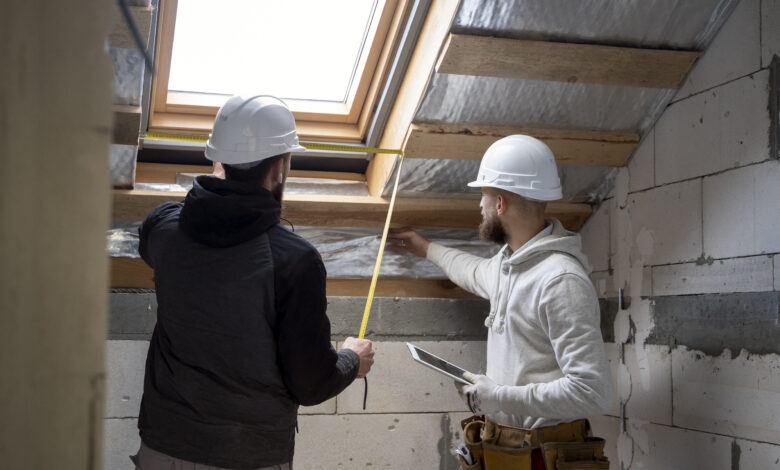Why Spray Foam Insulation is a Popular Choice for New Construction?

Energy Efficiency and Comfort
Spray foam insulation is known for its ability to create a continuous barrier that minimizes air leakage and provides exceptional thermal resistance. Unlike traditional insulation materials that may leave gaps or compress over time, spray foam expands to fill cavities, creating a tight seal. This prevents warm air from escaping during the winter and blocks heat from entering during the summer, leading to consistent indoor temperatures. Families benefit from reduced energy bills and improved comfort, as heating and cooling systems no longer need to work as hard. Builders appreciate how it aligns with energy-efficient design goals, and homeowners see long-term savings as a result. Companies like First Defense Insulation have contributed to the growing awareness of spray foam’s effectiveness by demonstrating its support for high-performance construction. Energy efficiency is one of the strongest drivers behind its widespread adoption.
Moisture Control and Durability
In addition to its thermal properties, spray foam also acts as a barrier against moisture. Homes built with this insulation experience fewer issues with condensation, leaks, and mold growth, as the material adheres tightly to surfaces and prevents water infiltration. This moisture control is significant in regions with humid climates, where traditional insulation may absorb water and lose effectiveness over time. By resisting moisture, spray foam helps preserve the structural integrity of a home while reducing the potential health risks associated with mold. Durability is another factor that makes it appealing, as spray foam maintains its form and performance for decades without sagging or deteriorating. The combination of energy efficiency and moisture resistance creates an environment that is both resilient and healthy for occupants.
Soundproofing Benefits for Modern Living
Modern households often value quiet indoor environments, and spray foam plays a significant role in reducing noise. Its dense, expanding structure absorbs sound vibrations, limiting the transfer of noise between rooms and from outside sources. This soundproofing quality makes it especially appealing for homes near busy roads, schools, or commercial areas. Families also enjoy greater privacy within their homes, as interior noise is contained more effectively. This feature enhances the overall comfort of living spaces, supporting modern lifestyles where work, entertainment, and relaxation often occur in the same home. Builders recognize that insulation plays a role beyond energy performance, and spray foam’s ability to manage sound adds another dimension to its popularity.
Environmental Impact and Sustainability
As awareness of environmental responsibility continues to grow, spray foam has also gained attention for its contribution to sustainability. Reducing energy consumption lowers a household’s carbon footprint, making homes more environmentally friendly. Its longevity means fewer replacements are needed over the building’s lifetime, reducing material waste. Additionally, some spray foam products are manufactured with eco-conscious formulations that further enhance their appeal to environmentally minded homeowners. Builders looking to meet modern energy codes and green building standards often find that spray foam aligns well with these requirements. By combining performance with sustainability, spray foam supports the growing trend toward homes that are not only comfortable but also environmentally responsible.
Spray foam insulation has become a popular choice in new construction because it delivers more than just thermal performance. It creates energy-efficient homes, controls moisture, enhances durability, reduces noise, and supports sustainability goals. These combined advantages make it a practical and forward-thinking option for both builders and homeowners. By addressing multiple needs with a single product, spray foam ensures that new homes are prepared to meet modern expectations for comfort and efficiency. For families investing in construction, it represents a solution that offers both immediate benefits and long-term value, making it a standout option in today’s housing market.



